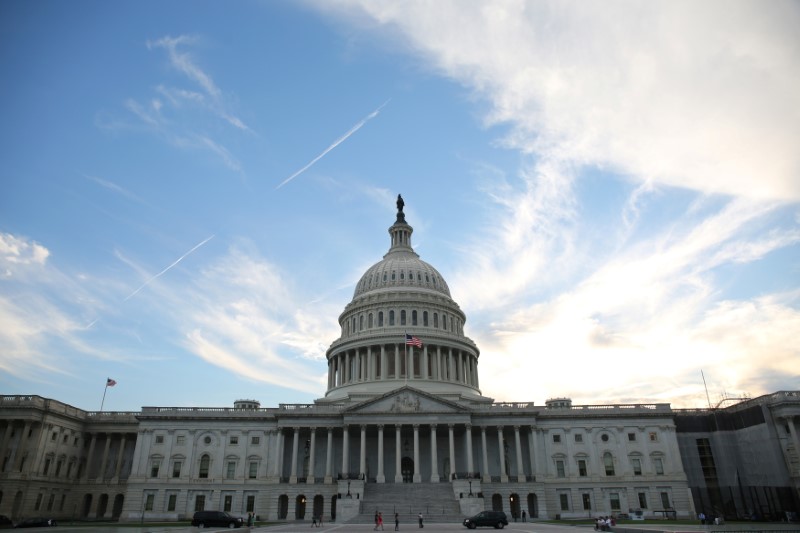By Karen Pierog
CHICAGO (Reuters) - The federal tax exemption for a type of debt refunding used by U.S. states, cities, schools and other issuers to lower borrowing costs would be restored under a new bipartisan bill in Congress, two of its sponsors said on Tuesday.
The sweeping tax bill signed into law by President Donald Trump in December ended the federal tax break for new advance refunding bonds, which are used to refund outstanding debt beyond 90 days of its call date to take advantage of lower interest rates in the municipal market.
Bill sponsors U.S. Representative Randy Hultgren, an Illinois Republican, and U.S. Representative Dutch Ruppersberger, a Maryland Democrat, said the legislation would save state and local governments millions of dollars, allowing them to invest in infrastructure and lower taxes.
“Given that interest rates are expected to increase, this tool is especially important to states and local governments responsibly planning for the future,” Hultgren said in a statement.
The two lawmakers co-chair the Congressional Municipal Finance Caucus, which unsuccessfully pushed to keep advance refunding bonds out of the tax bill.
Advance refunding bond issuance totaled $91 billion in 2017, accounting for 22.2 percent of supply last year, according to Thomson Reuters data. The municipal bond market is roughly $3.8 trillion in size.
The termination of the tax break for interest earned on the debt is expected to generate $17.3 billion for the U.S. government between 2018 and 2027.
Current debt refundings, which are done within the 90-day call date window, remain tax exempt.
